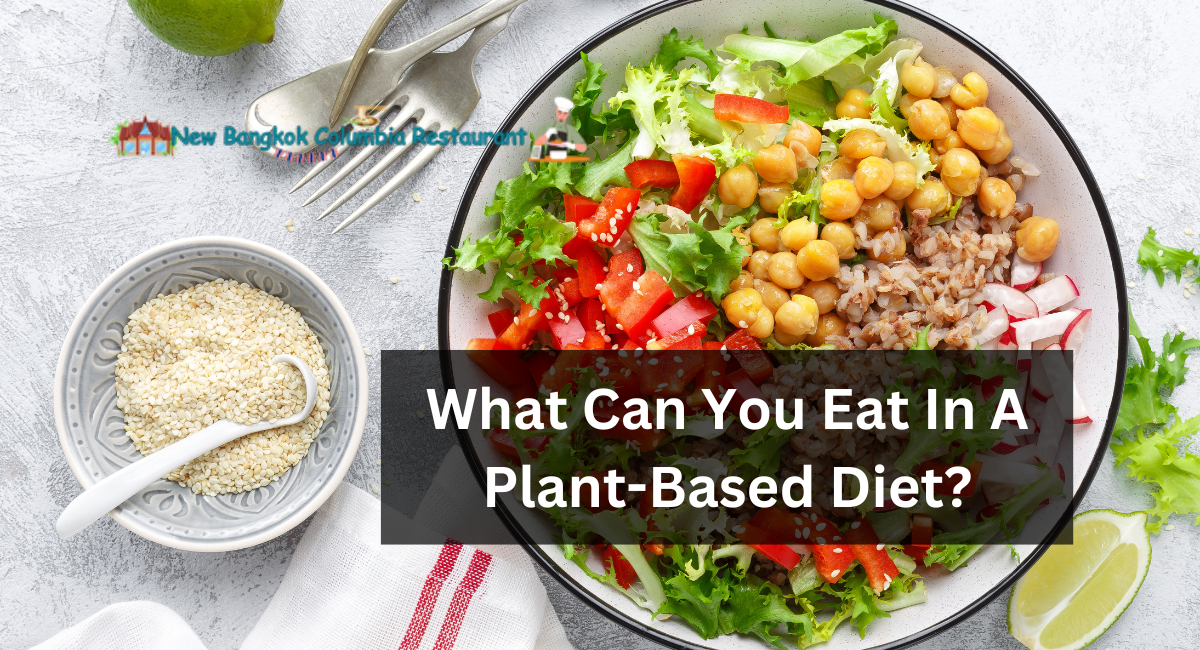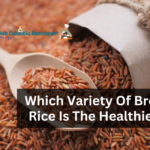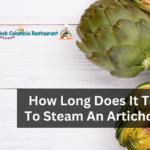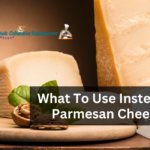In recent years, there has been a notable trend toward embracing diets that are centered on plants rather than animals.
People are starting to pay more attention to their health and the effects their dietary decisions have on the surrounding environment.
A diet based mostly on plant foods is not only healthier, but also better for the environment. This article will discuss the many delicious plant-based options available to those who adhere to a vegetarian or vegan diet.
What Can You Eat in a Plant-Based Diet?
Let’s go through the fundamentals of a plant-based diet before diving into the mouthwatering world of plant-based meals.
Vegetables, fruits, grains, legumes, nuts, and seeds are examples of foods that are staples in a plant-based diet.
This type of diet is also known as “going green.” This diet forbids or restricts the eating of animal products such as meat, dairy, and eggs.
The following are some of the most important aspects of a diet based on plants:
Fruits And Vegetables
A plant-based diet should center on fruits and vegetables as the primary sources of nutrition. They are high in vitamins, minerals, and antioxidants that fight free radicals.
You have access to a vast selection of fruits and vegetables, some of which you might enjoy eating are leafy greens, berries, carrots, and broccoli, among other things.
Whole Grains
Brown rice, oats, quinoa, and whole wheat pasta are some examples of whole grains that are rich in complex carbs and fiber. They support intestinal health while also providing prolonged energy to the body.
Legumes
Beans, lentils, and chickpeas are some examples of legumes that are packed with both protein and fiber. They are extremely adaptable components that may be utilized in various dishes, including salads, soups, and stews.
Seeds And Other Nuts
Nuts and seeds, like chia seeds, almonds, and flaxseeds, contain an abundance of beneficial fats, protein, and nutrients that are vital to the body.
They are versatile and make delicious snacks as well as additions to a variety of recipes.
Plant-Based Protein Sources
When considering a plant-based diet, one of the most common concerns that individuals have is whether or not they would obtain enough protein.
On the other hand, there is an abundance of protein-containing foods that come from plants, including:
Chia Seeds
Chia seeds are a superfood for a reason: they are high in protein and other minerals. Because they have little to no flavor, you can sprinkle them on salads, add them to smoothies, or make “chia pudding” by soaking them overnight in an alternative milk (soy, oat, almond).
Tofu And Tempeh
Both tofu and tempeh are products derived from the soybean that are high in protein content. They are versatile enough to be used in place of meat in a wide variety of meals, ranging from sandwiches to stir-fries.
Seitan
Another choice that is high in protein is seitan, which is also known as wheat gluten. It has a texture similar to that of meat, and there are a variety of methods in which it can be seasoned and cooked.
Plant-Based Protein Powders
Plant-based protein powders, such as those derived from peas, rice, or hemp, are available for purchase for individuals who are very active or who are trying to increase the amount of protein they consume.
Delicious Plant-Based Meals
Now that we’ve gone over the fundamentals let’s have a look at some tasty dishes that are plant-based:
Vegan Buddha Bowl
A Buddha bowl is a colorful and nutrient-dense cuisine that often consists of a base of grains such as quinoa, topped with roasted or raw vegetables, legumes, and a tasty sauce. Buddha bowls are become increasingly popular in recent years.
Chickpea Curry
Chickpea curry is a dish that is both flavorful and filling, and it is produced by combining chickpeas, tomatoes, and various spices. Rice or naan bread are typical accompaniments when it is served.
Veggie Stir-Fry
A vegetable stir-fry is a dish that can be prepared in a matter of minutes and is full of vibrant veggies, tofu, or tempeh, and a flavorful sauce that has been stir-fried together.
Toast With Avocado
Toast with avocado on top is a breakfast or snack item. Toast whole grain bread slices and put mashed avocado on top. If preferred, season with salt, pepper, and crushed red pepper flakes.
What Advantages Does A Plant-Based Diet Offer?
The Health Advantages Of A Plant-Based Diet
Regardless of what else is on your plate, everyone can benefit from eating more plants.
Plant foods, like colorful fruits and vegetables, whole grains, nuts, and legumes, provide critical vitamins and minerals, nutritional fiber and fats, phytonutrients, and a variety of other beneficial plant components, all of which contribute to overall health.
They are also beneficial to everyone! The official position of the Academy of Nutrition and Dietetics on plant-based diets is that they are suitable, safe, and healthy for all stages of life, including pregnancy, nursing, childhood, and infancy.
The Environmental Advantages Of A Plant-Based Diet
More plants are not only excellent for you but also for the environment!
A latest report from the EAT-Lancet Commission on Food, Plant, and Health highlights the links between diet and environment, advocating for a global shift to plant-based dietary patterns to improve health and sustainability results.
They calculate that if everyone in the world switched to a more plant-based diet, 11 million fatalities could be avoided each year, and we would make significant progress toward a sustainable global food system.
Furthermore, according to the 2015 Dietary Guidelines Advisory Committee Report, a diet higher in plant-based foods and lower in animal based foods has a lower environmental effect than the normal American diet.
A recent study also revealed that a healthy vegetarian diet had a 42 to 84 percent lower environmental effect than other eating patterns.
The Society of Nutrition and Behavior recognizes the impact of food choices on environmental implications in a new position document.
They also conclude that consuming fewer animal products and more plant-based foods is healthier for the environment, as does limiting excess calorie consumption and food waste.
A plant-based diet provides a variety of delectable and nutritious options, ranging from colorful fruits and vegetables to protein-rich legumes and grains. By following this diet, you not only enhance your health but also help to make the world a more sustainable place.
Thanks for reading. I hope you find it helpful.










